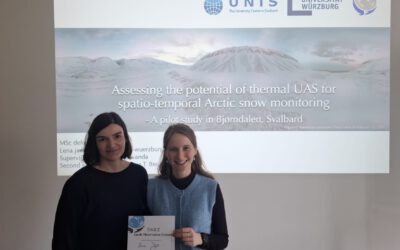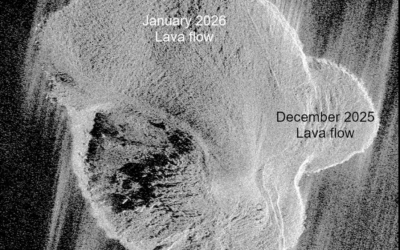Dear all, please find below an open Postdoc position with Hannes Taubenböck from our department.
For the research project ‘Megacities – living environments of the future’, funded by the VolkswagenStiftung, the Chair of English Linguistics at the Julius-Maximilians-Universität Würzburg, invites applications for a Research Position (Postdoc/Geography) starting from 1 November 2021. The position is full time (but may be split into two part-time positions). The contract will be for a fixed term of five years. Remuneration will be based on the Tarifvertrag für den öffentlichen Dienst der Länder (Collective Agreement for the Public Service of German Federal States, TV-L).
For the development of the field of ‘geolingual studies’ (GLS) as a new focus at the Chair of English Linguistics in cooperation with the German Aerospace Centre (DLR – Deutsches Zentrum für Luft- und Raumfahrt), we are looking for a postdoctoral researcher specialising in remote sensing.
Geolingual studies:
This innovative area of research combines methods from geography, linguistics and digital humanities to analyse the complex interplay between physical space and sociocultural space. For this, the description of the physical environment is complemented by the linguistic assessment of social networks, identity constructions, discourses and the perception of space by the inhabitants
in a global as well as culture specific context to the solution of pressing societal questions.
For further information about the project, see also: https://www.neuphil.uni-wuerzburg.de/anglistik/abteilungen/englische-sprachwissenschaft/forschung/megacities/ or https://www.uni-wuerzburg.de/aktuelles/einblick/single/news/ein-neuer-schwerpunkt-in-der-englischen-sprachwissenschaft/
Your tasks:
One major task of this position will be to integrate theories and methodologies from geography and linguistics (especially of sociolinguistics and computational linguistics) into a common framework. In order to be able to describe physical space and the perception of space in megacities on the basis of large and heterogeneous datasets, you should bring, in addition to substantial knowledge of the essentials of remote sensing and urban geography, the willingness to become familiar with the methods of data collection and data analysis used in linguistics. Your tasks will also include assisting with
- GLS research and development projects about megacities in national and international contexts
- preparing publications in high-ranking scientific journals• organising international think tanks and workshops
- raising external funding
- supporting and assisting visiting researchers
- creating presentation and documentation materials
Professional and methodical qualifications Essential:
- university degree in geography or geoinformatics
- doctorate in one of the above-mentioned areas
- good expert knowledge in remote-sensing data analysis
- well-developed organisational and analytical skills
- excellent command of spoken and written English
- willingness to work on problems in sociolinguistics or to familiarise yourself with one or more fields within linguistics (e.g. discourse analysis, corpus linguistics, computational
linguistics, urban linguistics, sociolinguistics)
Desirable:
- programming skills in Python or R
- international experience or work experience abroad
- foreign language skills
- practical experience (e.g. internships) in urban planning/development
Personal attributes:
- excellent communication skills and high capacity for teamwork
- high commitment and reliability
- joined-up thinking, special interest in transdisciplinary research
We offer:
- varied and challenging tasks in a new transdisciplinary work and research environment
- affiliations with the Chair of English Linguistics and the German Space Centre
- an opportunity to participate in the investigation of current, socially relevant topics
- an international research network with cooperation opportunities worldwide
- an opportunity for further academic qualification (Habilitation/development of your own research focus within the megacity project)
The University of Würzburg is an equal opportunity employer. As such, we explicitly encourage applications from qualified women. Severely handicapped applicants will be given preferential consideration when equally qualified. Please email your application documents, including your CV, your study certificates and a motivational letter with the names of two referees to the following address: carolin.biewer@uni-wuerzburg.de.
The closing date for applications is 20th September 2021.
For further enquiries, please contact PD Dr. Hannes Taubenböck (firstname.lastname@dlr.de)









